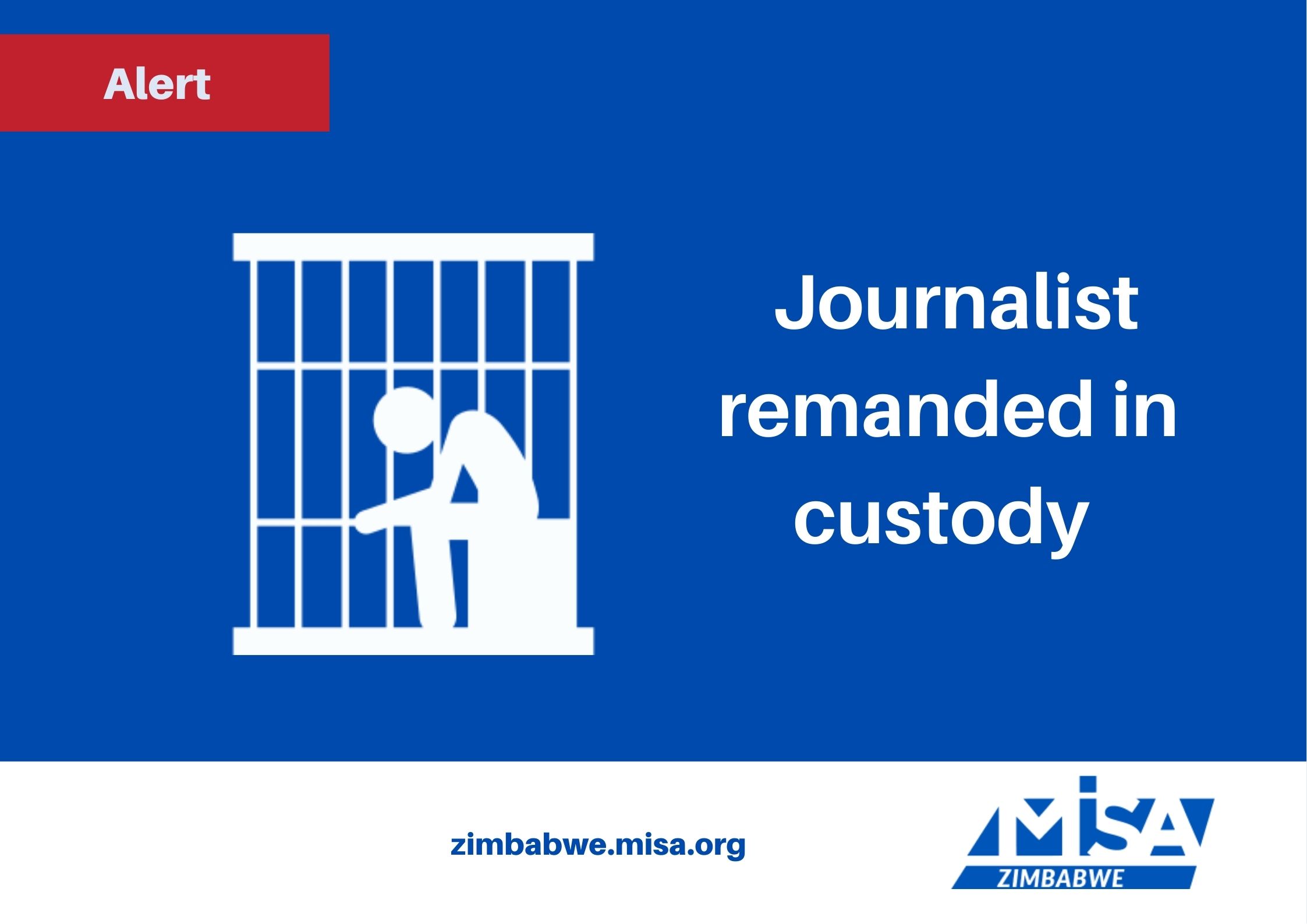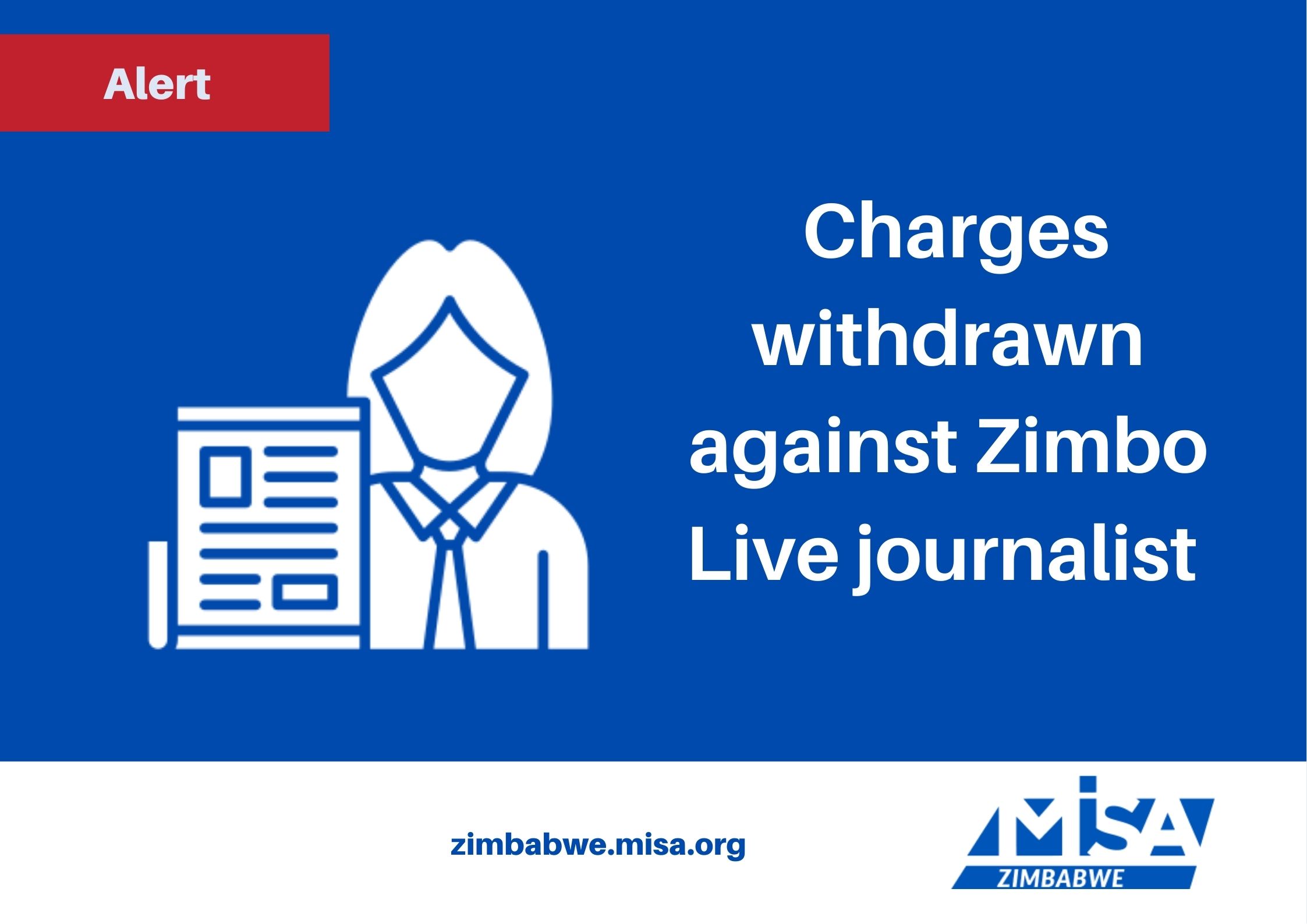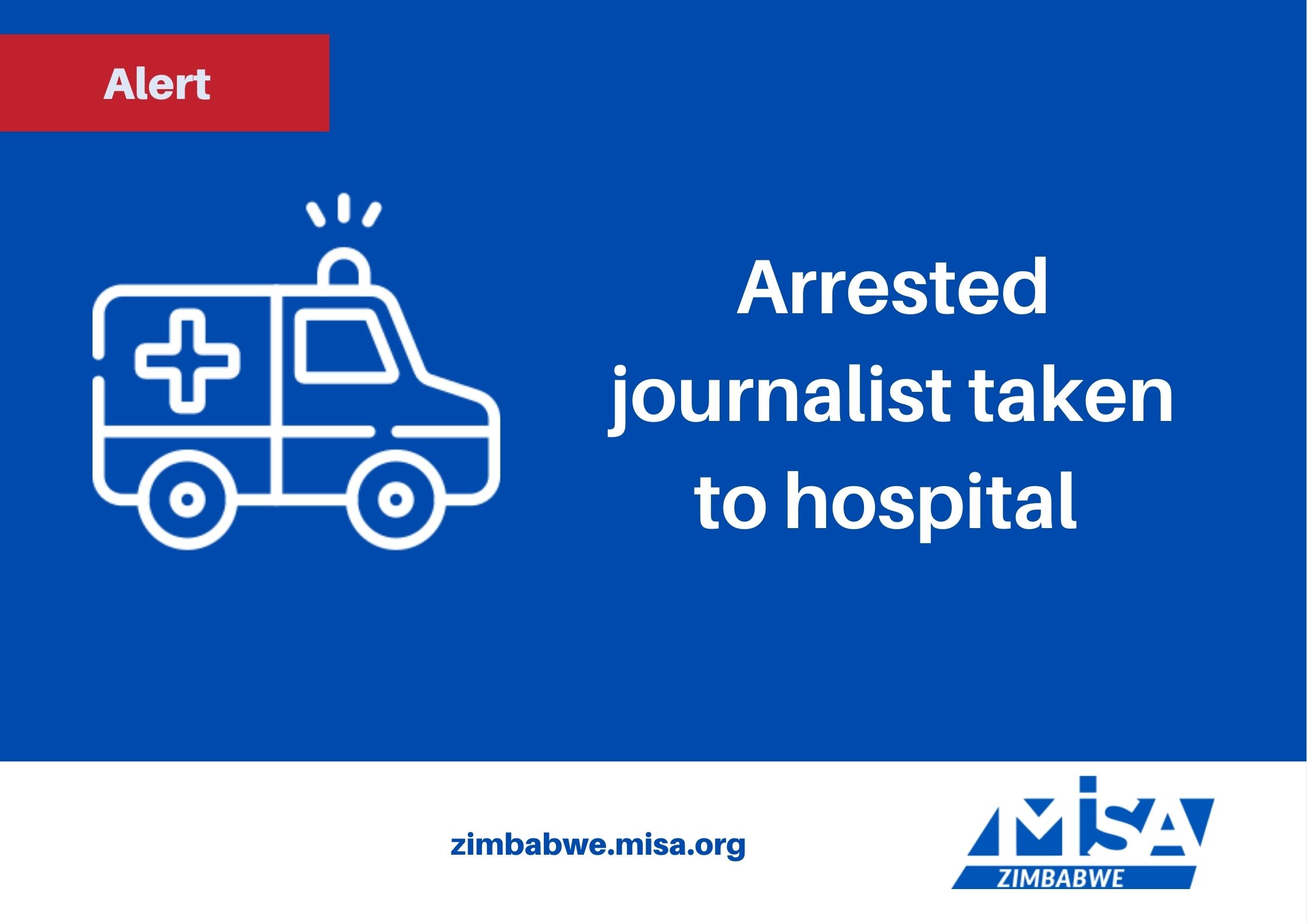Background
In 2018 the new government led by President Emmerson Mnangagwa, in a welcome and progressive development, reiterated its commitment to undertake comprehensive media law reforms.
Resultantly, and in the context of the ongoing media law reforms, the widely discredited Access to Information and Protection of Privacy Act (AIPPA) of 2002, was repealed, paving the way for the enactment of the Freedom of Information Act (2020) and the Zimbabwe Media Commission Act (2020).
The other proposed law, the Protection of Personal Information Act, has since been shelved.
In addition, a Writeshop was convened for stakeholder input into the Draft Broadcasting Services Amendment Bill in Gweru. A stakeholders engagement meeting was also convened in Kadoma on the Zimbabwe Media Practitioners Bill to address the issue of co-regulation of the media as agreed upon and endorsed by media stakeholders and the government.
The two Bills are still to be gazetted and presented before Parliament.
The repealing of AIPPA was received as a welcome development that would go a long way in entrenching the enjoyment of media freedom with journalists conducting their lawful professional duties without hindrance and fear of being unlawfully arrested, assaulted, harassed, or intimidated while on duty.
Under AIPPA, several journalists and media workers were arrested while on duty, and newspapers such as the Daily News and The Tribune were banned in terms of the draconian law.













